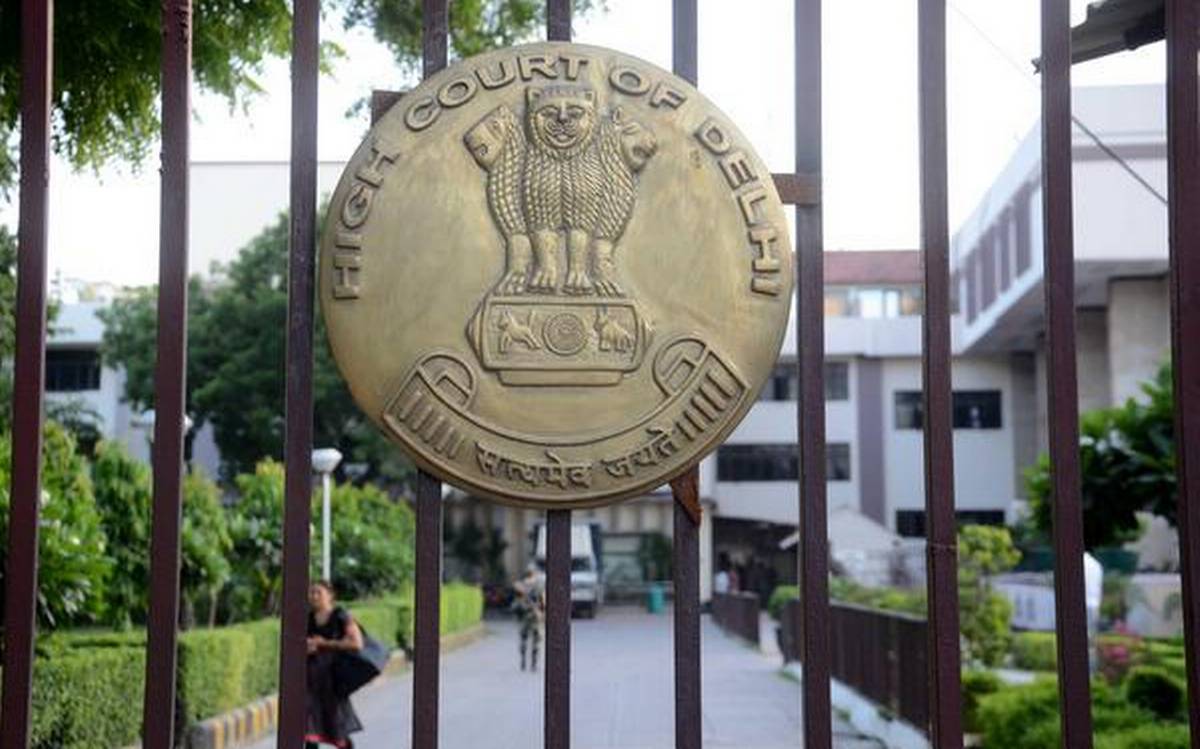Till the Income Tax Department ensures that the Assessing Officers follow the mandate of law, in particular, binding provisions like Section 144C and eschew filing of unnecessary appeals rather than in nearly all matters where the Assessing Officer has taken a view against the Assessee, the assessments will not achieve finality for a number of years like in the present case where the case of assessment year 2007-08 stands remanded and restored to the file of the Assessing Officer. This judgment was delivered by division bench comprising Hon’ble Justice Manmohan and Justice Sanjeev Narula at Delhi High Court in the matter of The PR. Commissioner of Income Tax v. Headstrong Services India Pvt. Ltd. [ITA 77 of 2019].
The present appeal has been filed challenging the order dated 9th November, 2017 passed by the Income Tax Appellate Tribunal where the Revenue’s appeal had been dismissed. The admitted facts of this case are:
The respondent-assessee, a wholly owned subsidiary of Headstrong Services LLC, USA, had filed its return of income declaring income of Rs.30,64,480/- for the relevant assessment year. Thereafter, revised return of income was filed on 30thJanuary, 2009 that was processed under Section 143(1) of the Income Tax Act, 1961 (for short „the Act‟) and subsequently, case of the respondent-assessee was selected for scrutiny assessment and notice under Section 143(2) of the Act was issued. Draft assessment order under Section 144C (1) of the Act was passed on 31st December, 2010 and the respondent-assessee filed objections before the Dispute Resolution Panel (DRP). Thereafter, assessment under Section 143(3)/144C of the Act was completed in pursuance to directions issued by the DRP, wherein addition was made on account of excess claim of deduction under Section 10A of the Act and transfer pricing adjustment made by the TPO.
The Hon’ble High Court observed that “the ITAT while remanding the matter of transfer pricing adjustment to the Assessing Officer vide order dated 17th July, 2012 had not only „restored‟ the matter “to the file of the Assessing Officer ―for following proper procedure” but also to “decide the matter de novo. This Court is of the view that once the ITAT directed the Assessing Officer to decide the matter de novo, it meant that a new hearing of the matter had to be conducted, as if the original hearing had not taken place.”
The Court while deciding upon this matter held that “in the present case, in complete contravention of Section 144C, the Assessing Officer wrongfully assumed the jurisdiction and passed the final assessment order without passing a draft assessment order and without giving the respondent/assessee an opportunity to raise objections before the Dispute Resolution Panel. Keeping in view the aforesaid, this Court is of the opinion that no question of law, let alone a substantial question of law, arises in the present appeal. We dismiss the present appeal and confirm the impugned order of the ITAT with costs of Rs.11,000/- to be paid to Delhi High Court Legal Services Committee.”
The court placed its reliance on the case of Vijay Television Pvt Ltd. v. TRP and Ors. (2014) 369 ITR 130 where the court held that “failure to pass a draft assessment order under Section 144C (1) of the Act would render the final assessment order without jurisdiction, null and void and unenforceable. The said view was reiterated by this Court in Turner International India Pvt Ltd. vs. Deputy Commissioner of Income Tax, Cirlce-25(2), New Delhi, WP(C) 4260- 4261/2015 as well Nokia India Pvt Ltd. vs. Additional Commissioner of Income Tax, WP(C)3629/2017.”


